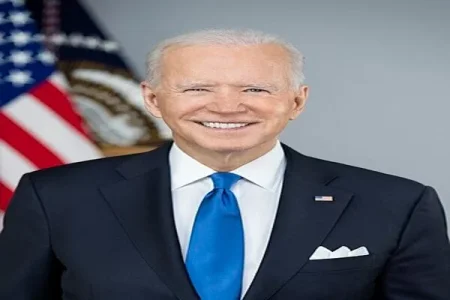
President Joe Biden pardoned his son, Hunter Biden, for tax evasion and firearm-related offenses, citing political targeting. Hunter faced potentially lengthy sentences, so the decision sparked a national debate over judicial impartiality. Critics, including incoming President Trump, called it an abuse of power, intensifying scrutiny during a pivotal transition period.
In a move drawing national attention, U.S. President Joe Biden officially pardoned his son, Hunter Biden, as his presidency nears its conclusion. Hunter faced sentencing in two criminal cases—one involving tax evasion and another related to lying about his drug use when purchasing a firearm.
President Biden defended his decision, asserting that Hunter’s prosecution was politically motivated, stating, "No reasonable person can deny that Hunter was targeted solely because he is my son." The President had previously promised not to interfere in his son's legal matters but justified the pardon as addressing a "miscarriage of justice" influenced by political opponents.
Hunter Biden had pleaded guilty to tax evasion and paid the owed and penalties. A plea deal that could have kept him out of prison unraveled at the last minute. For the firearm charge, Hunter faced a potential 25-year sentence.
The pardon has sparked intense debate, with critics questioning the justice system's impartiality. Meanwhile, incoming President Donald Trump, who will take office on January 20, criticized the move, calling it an abuse of power. Trump’s Supreme Court immunity ruling has stalled criminal cases against him, further polarizing opinions on the fairness of U.S. legal proceedings.
In response, Hunter Biden vowed to use his second chance to assist others struggling with addiction, saying, “I will dedicate my rebuilt life to helping those who are still sick and suffering.”




![[VIDEO] Nyesom Wike Hosts Praise and Worship Session with Fellow Politicians](/data/attachments/226/226511-0c85b1c52ba59f43f5e2898b3db41e33.jpg?hash=zBIYNVbNfS)